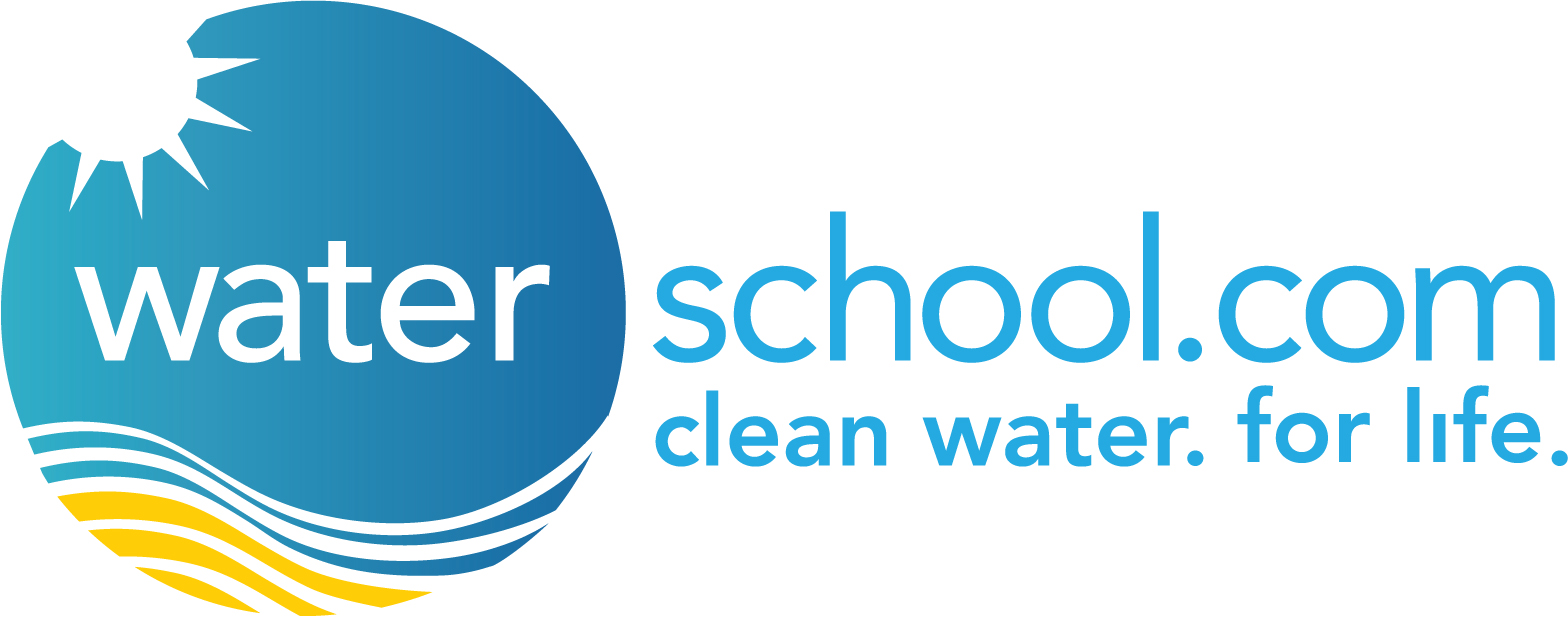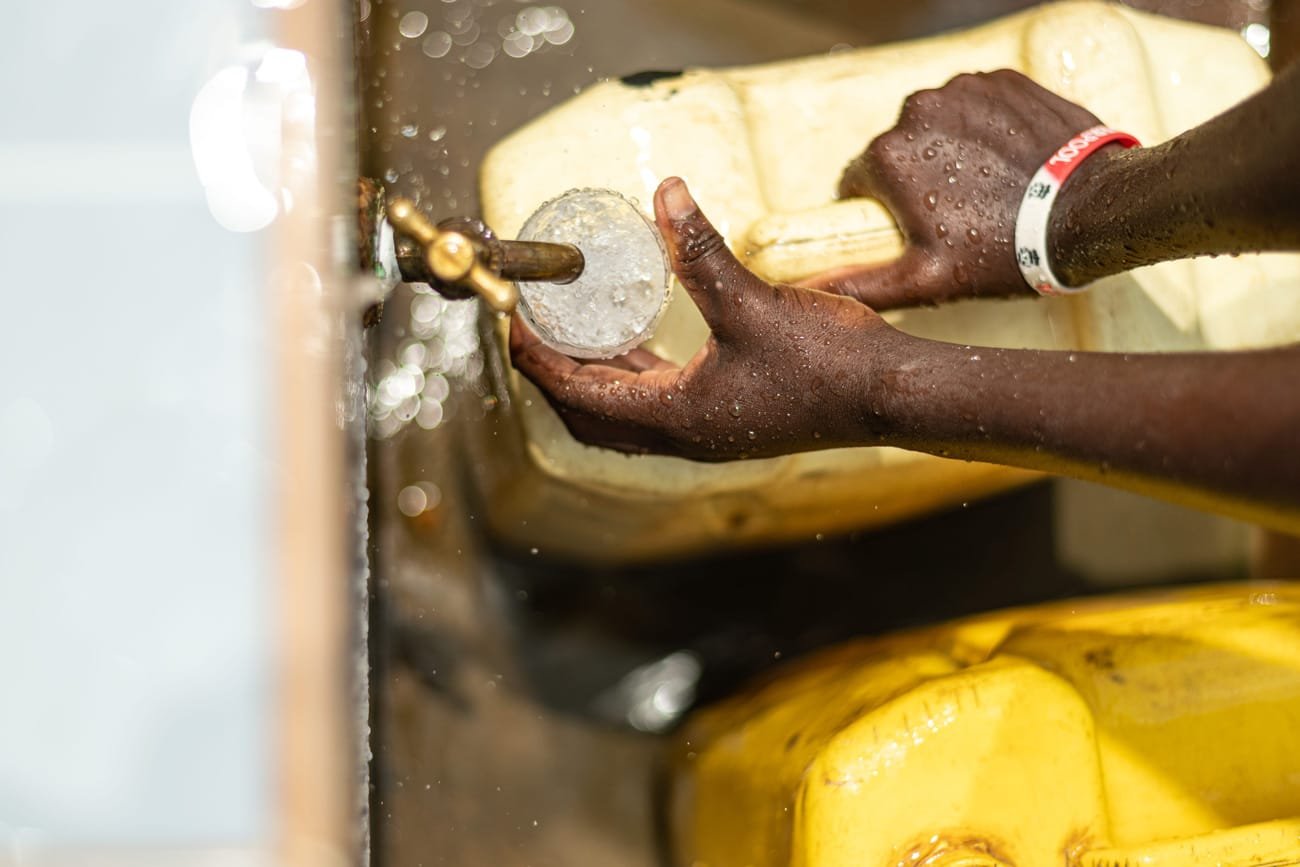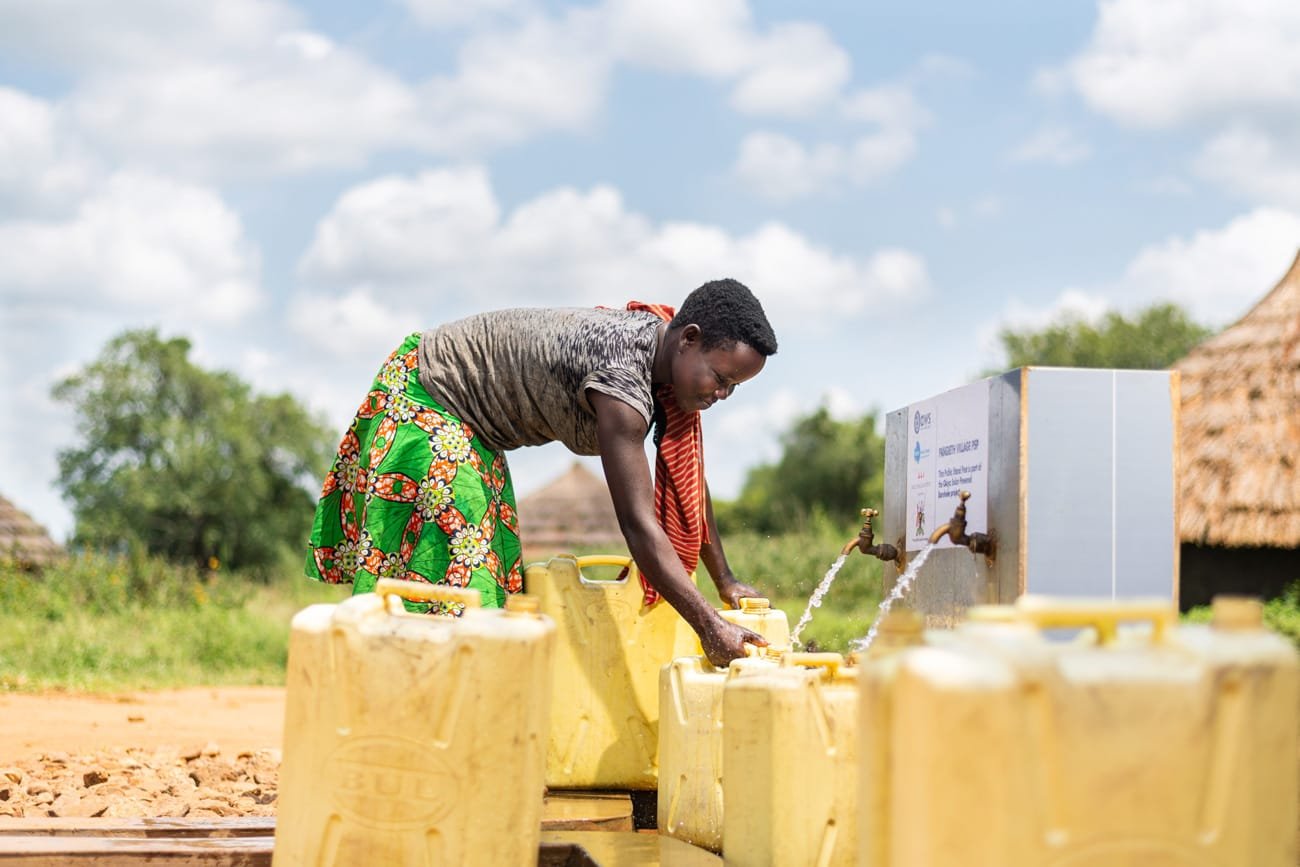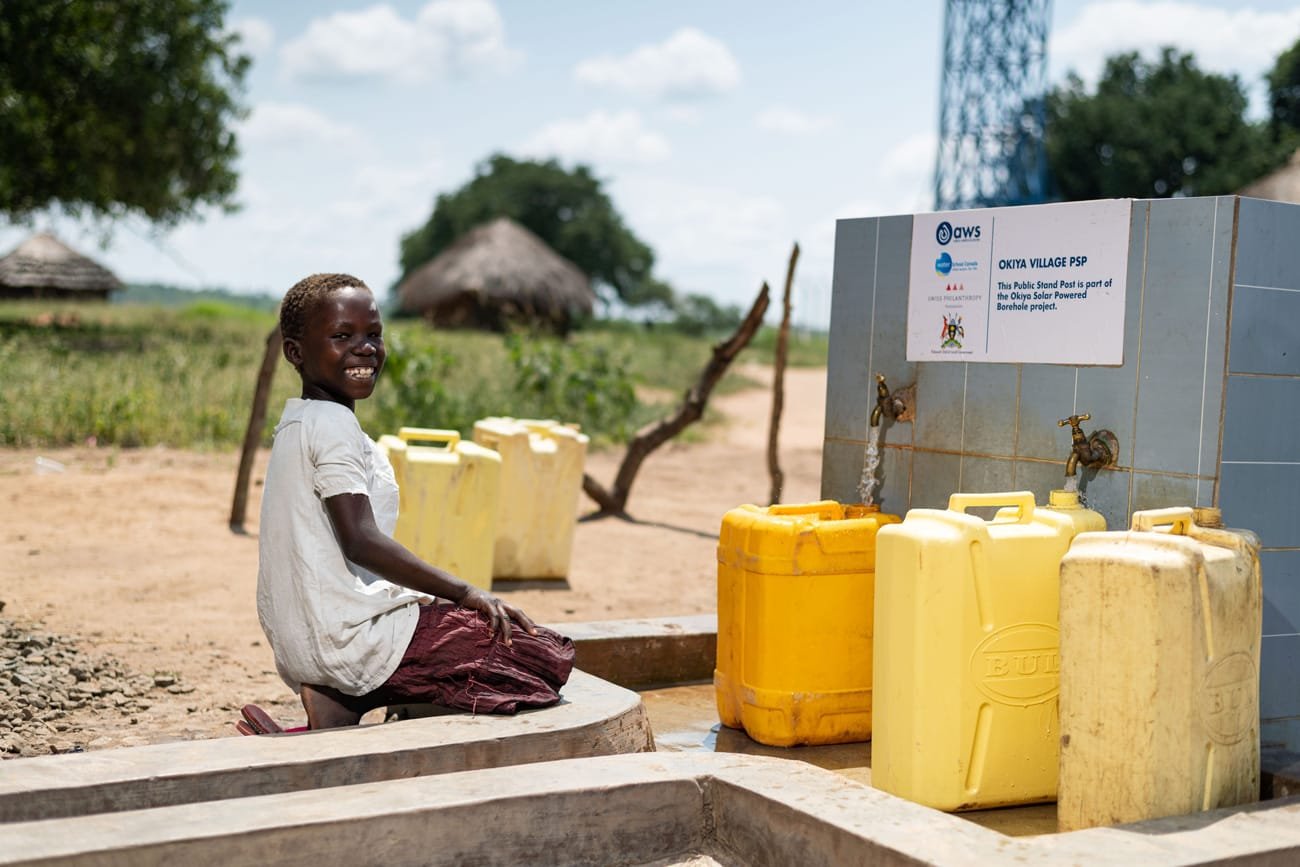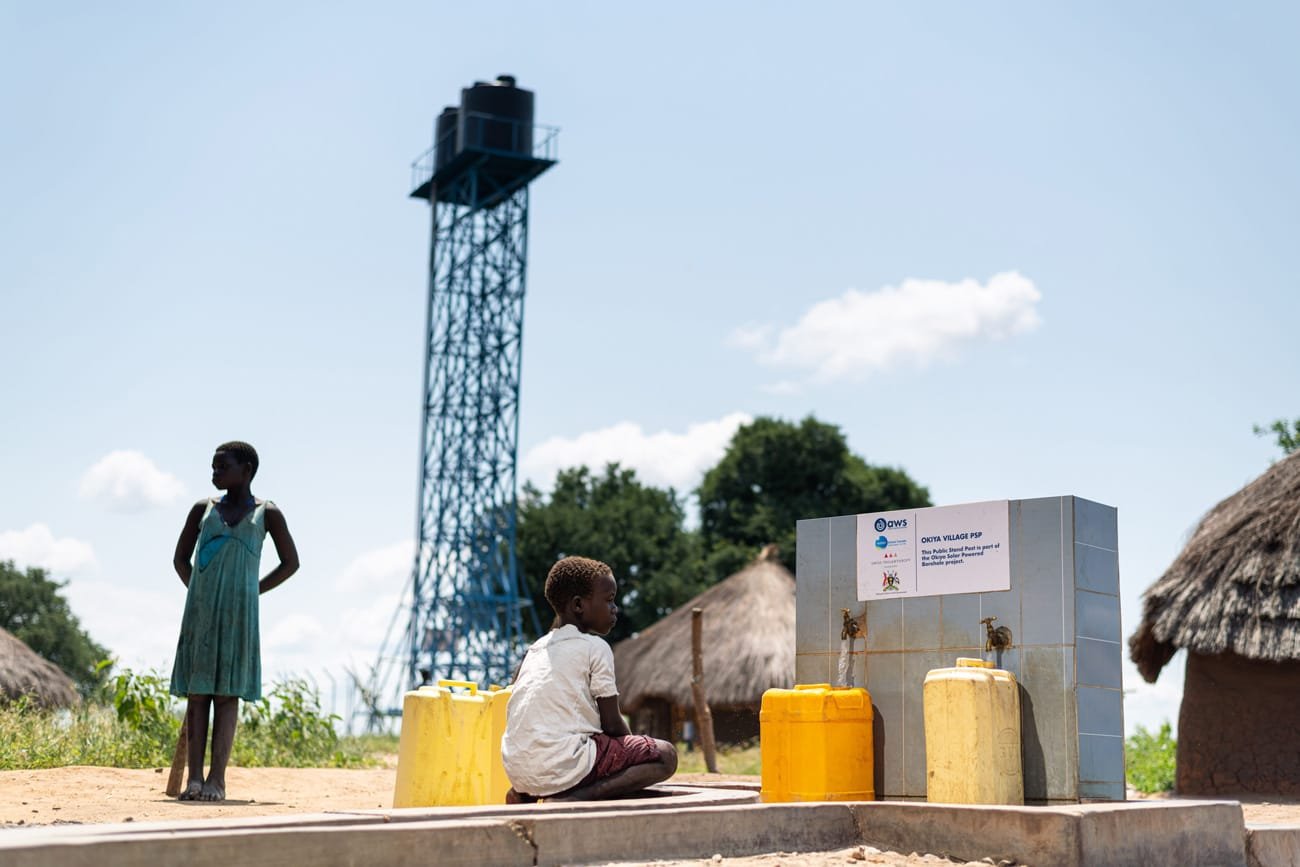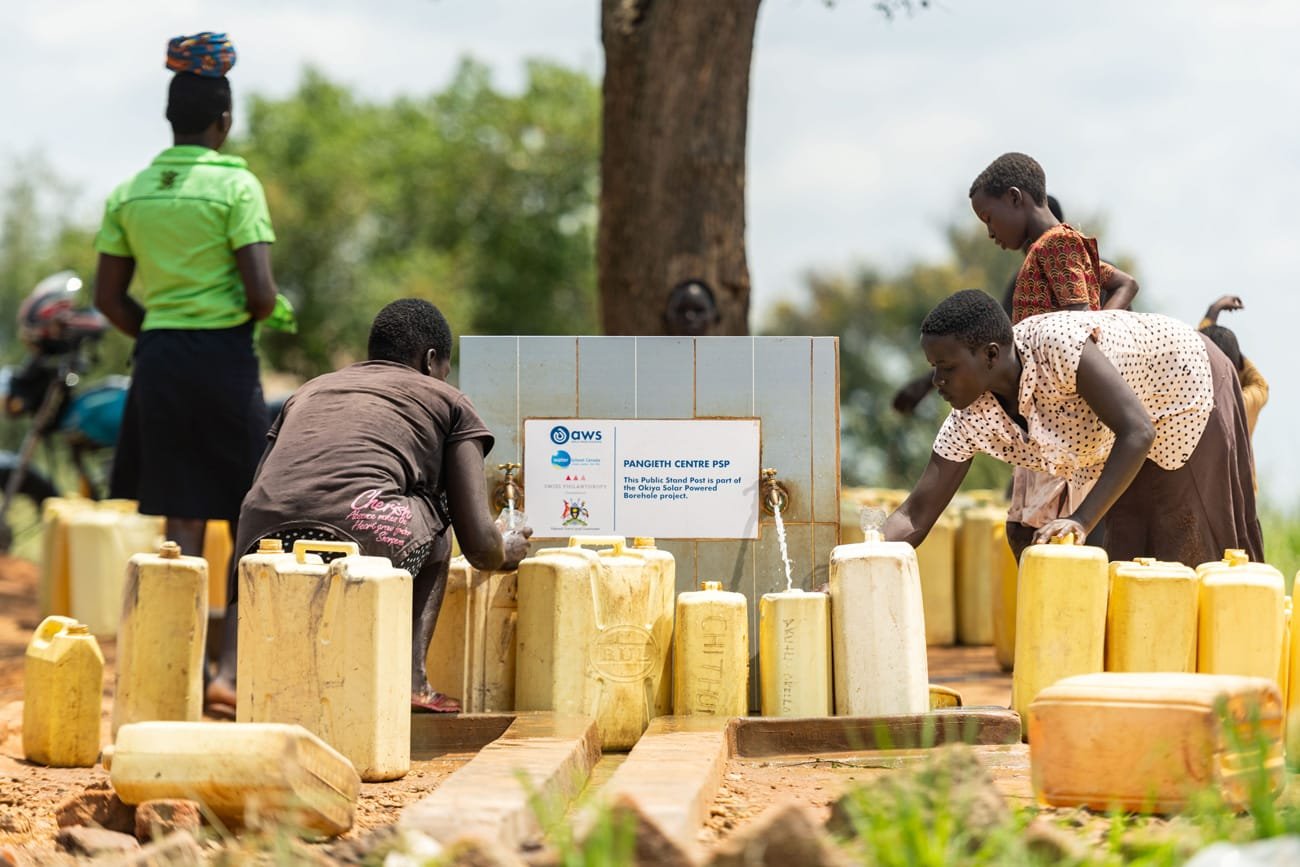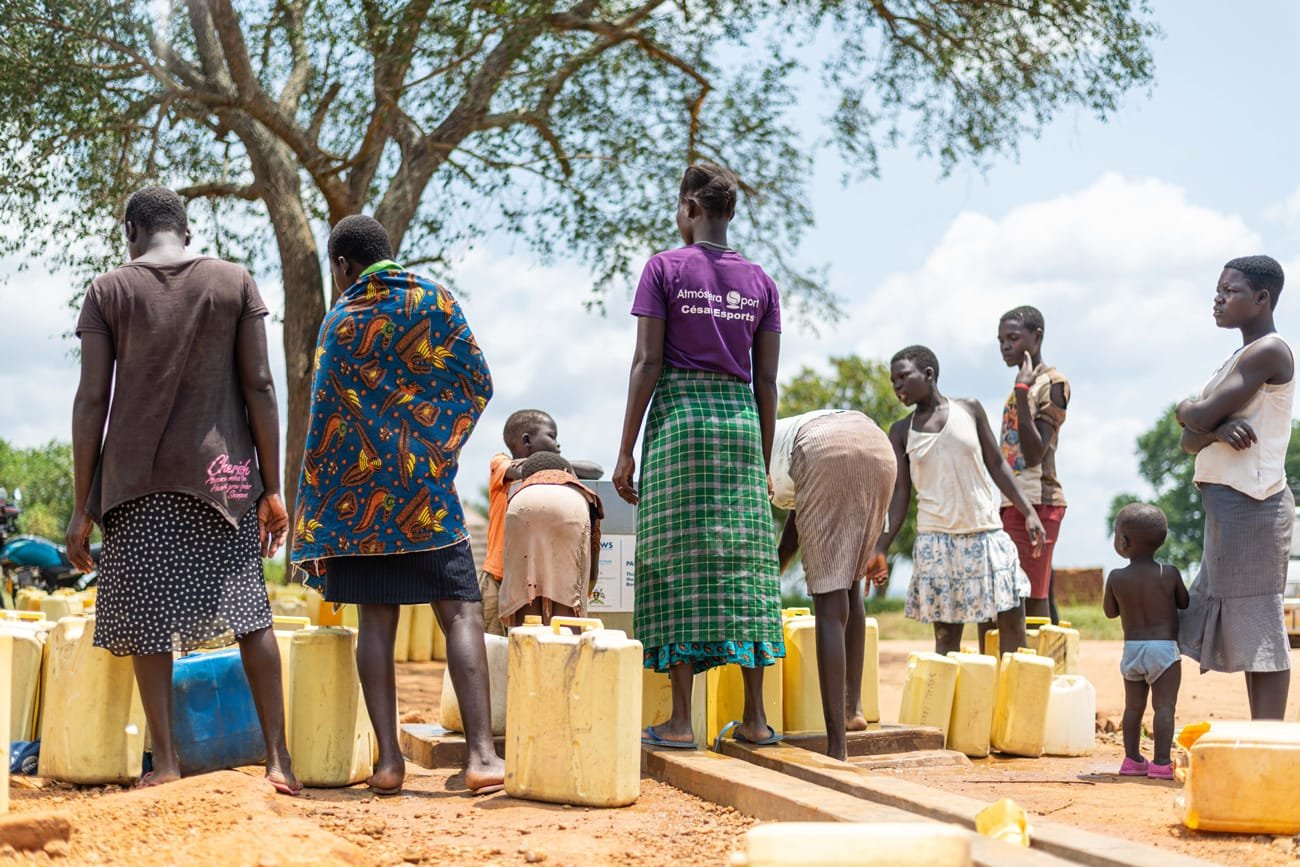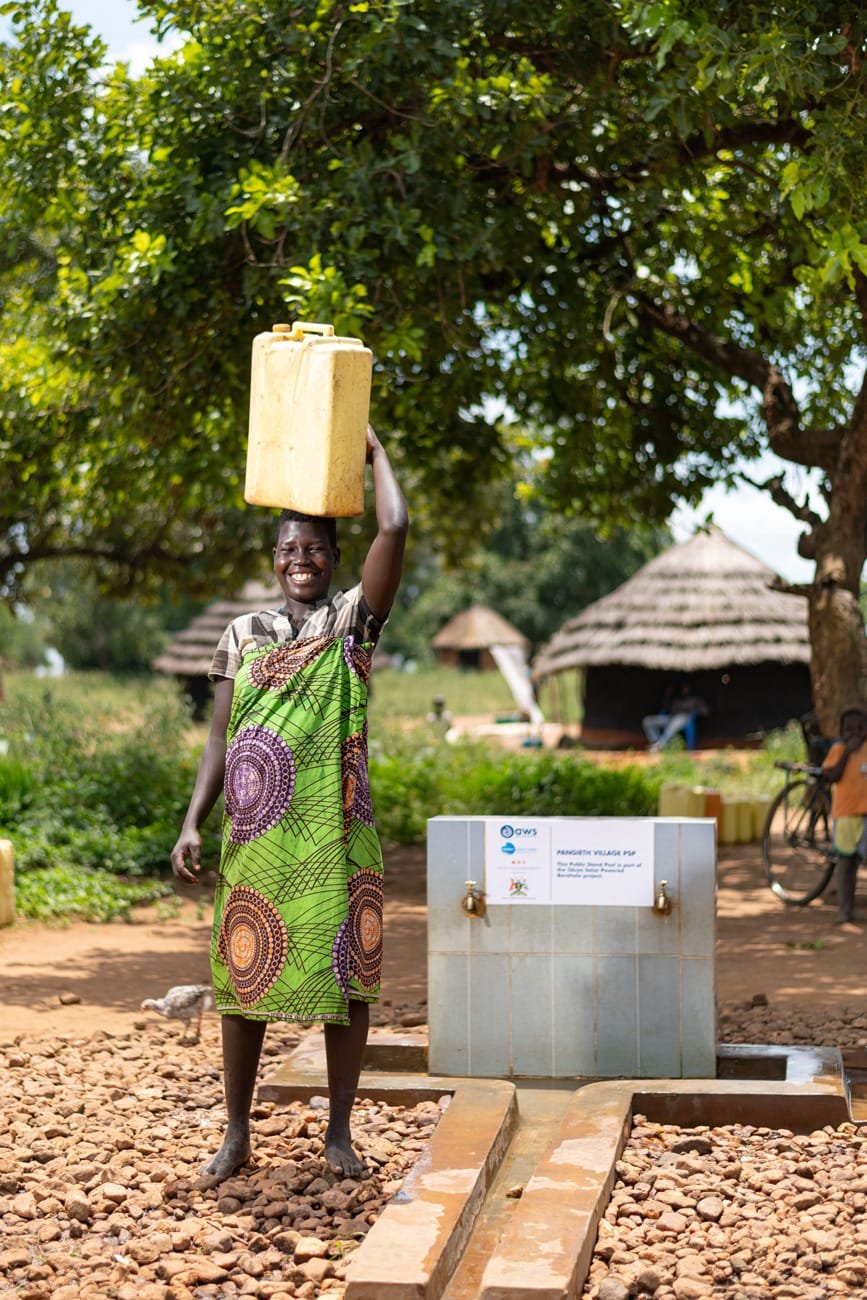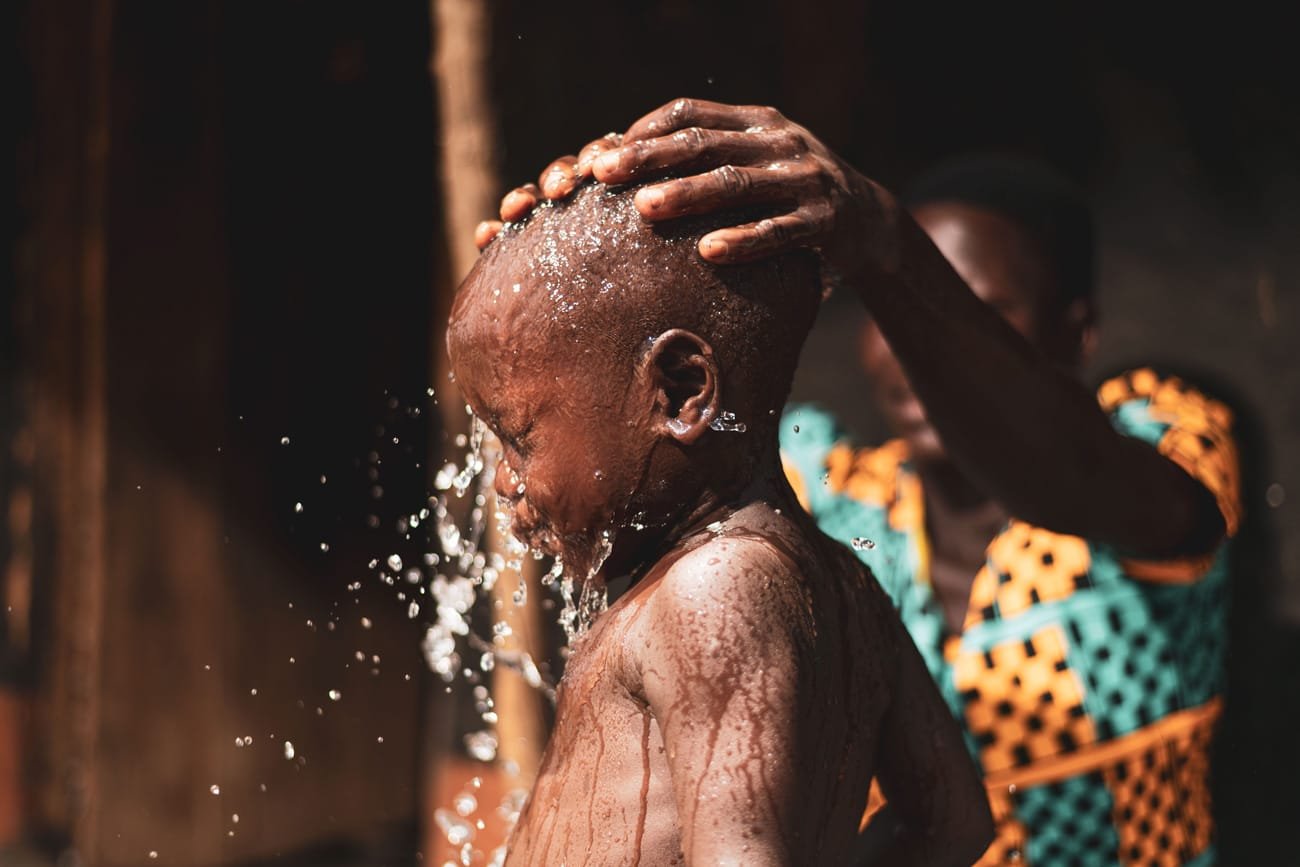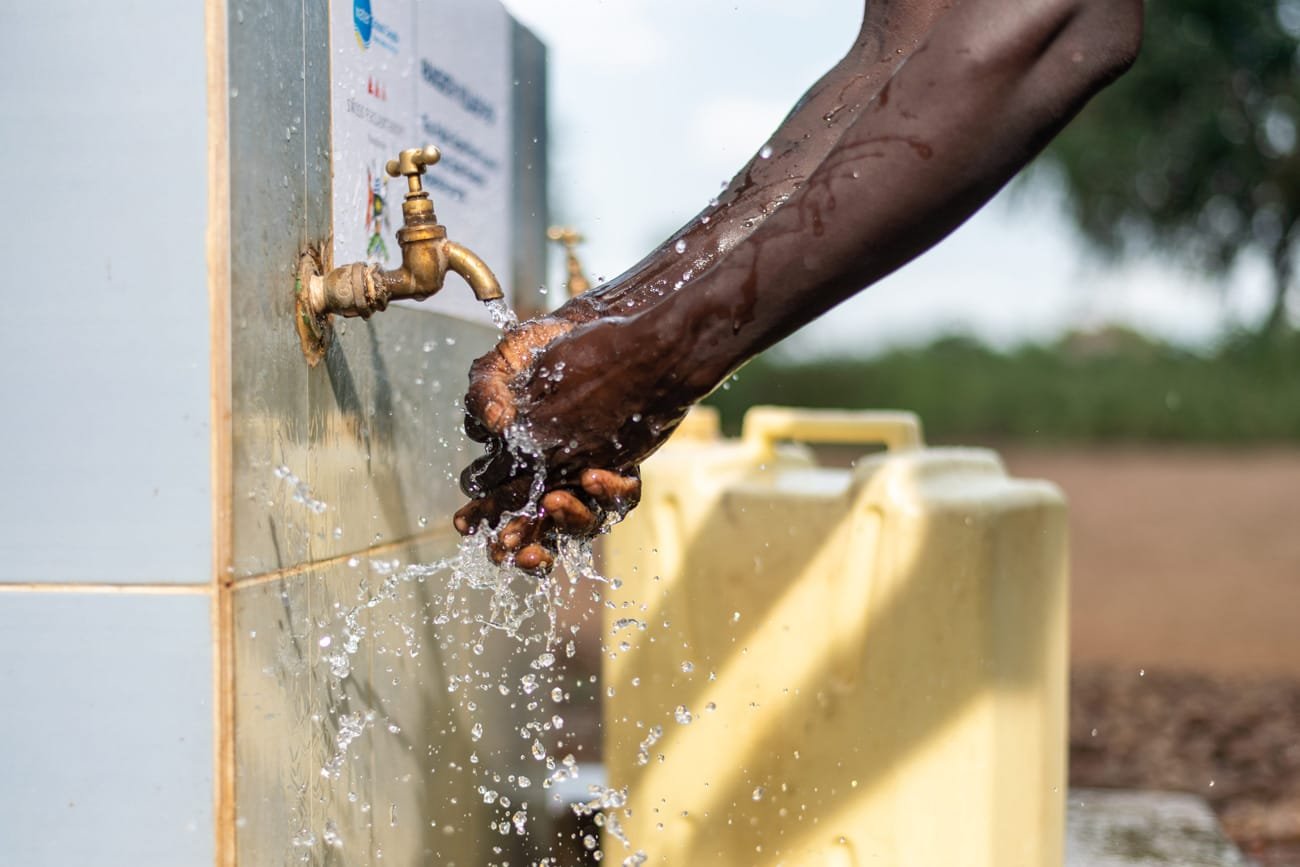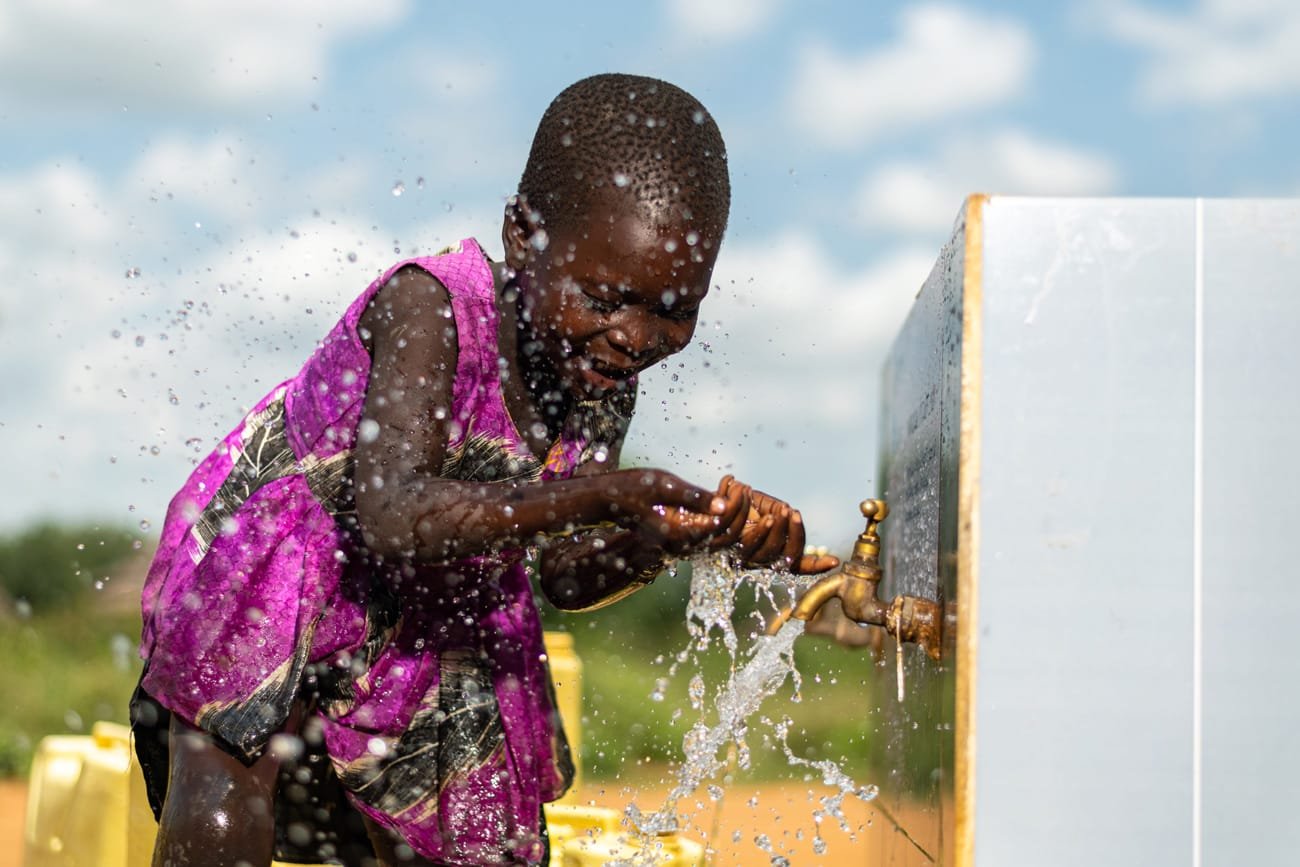Hi WaterSchool Community,
When WaterSchool started up in 2007, the goal was simple: provide access to clean, safe water to thousands through the proliferation of SODIS (solar disinfection) technology. Armed with plastic bottles and water, anyone could use the power of the sun to turn contaminated water into water that is safe to drink.
As we've grown, we've built a wrap-around model of community transformation that supports people to lift themselves out of poverty.
We continue to keep access to clean water at the center of all we do, and now also work hand-in-hand with communities to address all components of health—from daily hygiene and sanitation habits and community infrastructure to education, gender equity and economics.
In this report, we're thrilled to show you how your support has been put to use transforming entire communities…starting with water and extending to so much more.
Thank you for all of your support—we can't do this without you!
With gratitude,
Richard
Richard Lau
Executive Director, WaterSchool
-
Professor Ponsiano Ocama, Board Chair, Africa Water Solutions*, Uganda
John Ochieng, Executive Director, Africa Water Solutions, Uganda
Joseph Tumushime, Program Director, Africa Water Solutions, Uganda
Sarah Nsonga Lutalo, Chief Financial Officer, Africa Water Solutions, Uganda
Richard Lau, Executive Director, WaterSchool, Canada
Tony Woodruff, Africa Program Director, WaterSchool, Canada
Dave Ericson, Chair of the Board, WaterSchool, Canada
Gregg McNair, Board Member, WaterSchool, Panama
WaterSchool and Africa Water Solutions
WaterSchool works in partnership with Africa Water Solutions for on-the-ground implementation of our programs and services. The team at AWS has been closely linked with WaterSchool for many years and brings an unparalleled level of formal education, cultural sensitivity, local languages, behaviour change skills, and clean water and sanitation expertise.
Photo: The Africa Water Solutions (AWS) Board of Directors and the WaterSchool (WS) Board of Directors in October 2022 in Kampala, Uganda. The WaterSchool Board members paid their own trip costs to be there. Back row: Julius Opiso (AWS), Dave Ericson (WS), Gregg McNair (WS), Richard Lau (WS), Tony Woodruff (WS). Front Row: Jacques Matsiko (AWS), Asaf Nuwagira (AWS), Edith Musasizi (AWS), Professor Ponsiano Ocama (AWS).
